Dr. Phil McGraw—who has a PhD in psychology but is not licensed to practice in any state and is certainly not a medical doctor—is receiving major backlash online for comments he made during a Fox News interview.
During that interview, he incorrectly quoted statistics about annual causes of death in the United States in an attempt to argue stay-at-home orders are unnecessary and may be causing more harm than good.
McGraw told Laura Ingraham he was worried the isolation is seriously effecting Americans' mental health, which is certainly true.
But then he asserted the isolation itself might cause more deaths than the virus.
"The longer this lockdown goes on, the more vulnerable people get. It's like there's a tipping point where people start having enough problems in lockdown that it will actually create more destruction and actually more deaths across time than the actual virus will itself.
He also quoted false statistics in support of his argument.
"We have 45,000 people a year die from automobile accidents, 480,000 from cigarettes, 360,000 a year from swimming pools but we don't shut the country down for that. But yet we're doing it for this? And the fall out is going to last for years because people's lives are being destroyed."
Ignoring the fact the country isn't shut down for swimming pool or automobile deaths because those aren't caused by a highly contagious pathogen—making quarantine and social distancing ineffective at combating them—the CDC says there were only around 3,600 pool deaths on average per year from 2005-2014. The number of yearly deaths due to car accidents was only 32,000.
And those were spread over 12 months, not just 3-4 months.
Dr. Frank Ulrich Montgomery, Chair of Council of the World Medical Association, told Newsweek:
"It is cynical to weigh up one source of death against another. If there is a chance of prevention and treatment you have to take it—in the interest of humanity."
And he cautioned against that cynicism in decision making.
"We have to weigh up the consequences for health care against sociopsychological factors and the detrimental effects of lockdowns to economy. And we have to be aware that we cannot afford a backlash. A 'second wave' would be a terrible disaster, economically, for health and for society, "
Folks on Twitter were also quick to point out the ridiculousness of McGraw's comparisons.
Many pointed out car crash and pool deaths led to sensible regulations to decrease them, just like stay-at-home orders are doing to decrease virus inclfection and death.
He is not a medical doctor and has not even been licensed to practice clinical psychology in over a decade.
Some people also pointed out the vastly inaccurate statistics McGraw used to make his point.
The health organizations of the world made the recommendation for social distancing, stay-at-home orders, lockdowns and quarantines for good reason.
Slowing the spread of the disease by avoiding unnecessary human contact is our best chance to keep the most people alive and not overwhelm the healthcare system.
The book Quackery: A Brief History of the Worst Ways to Cure Everything is available here.

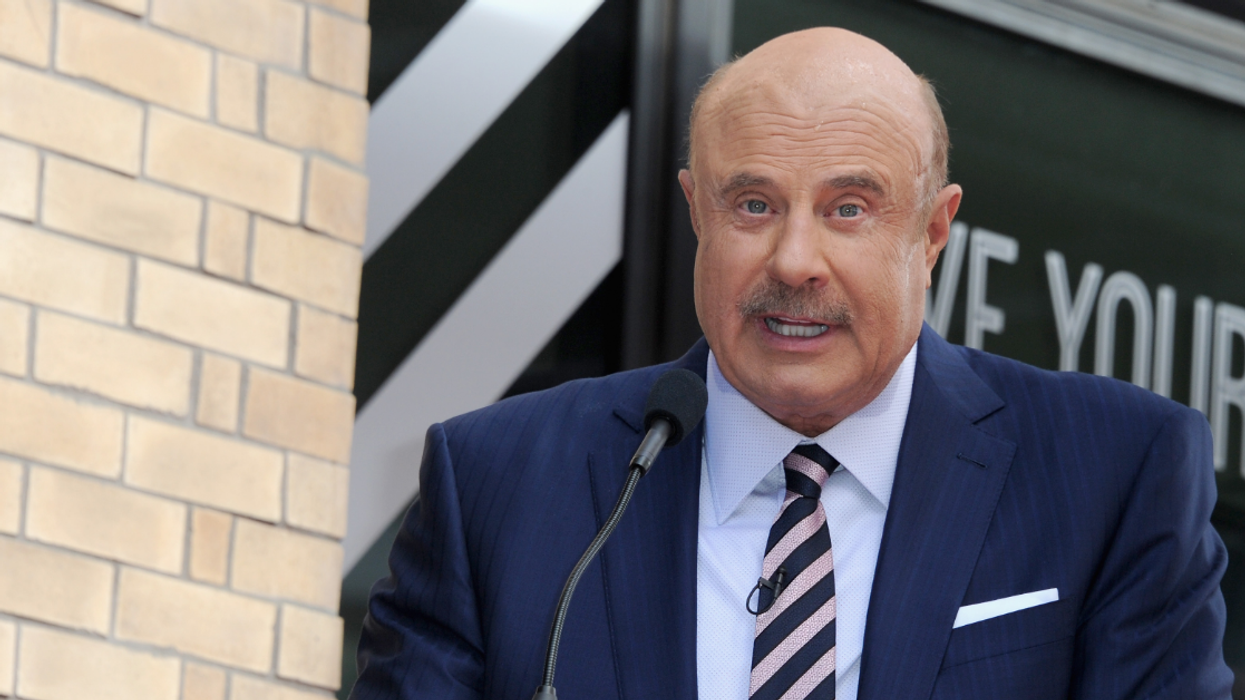

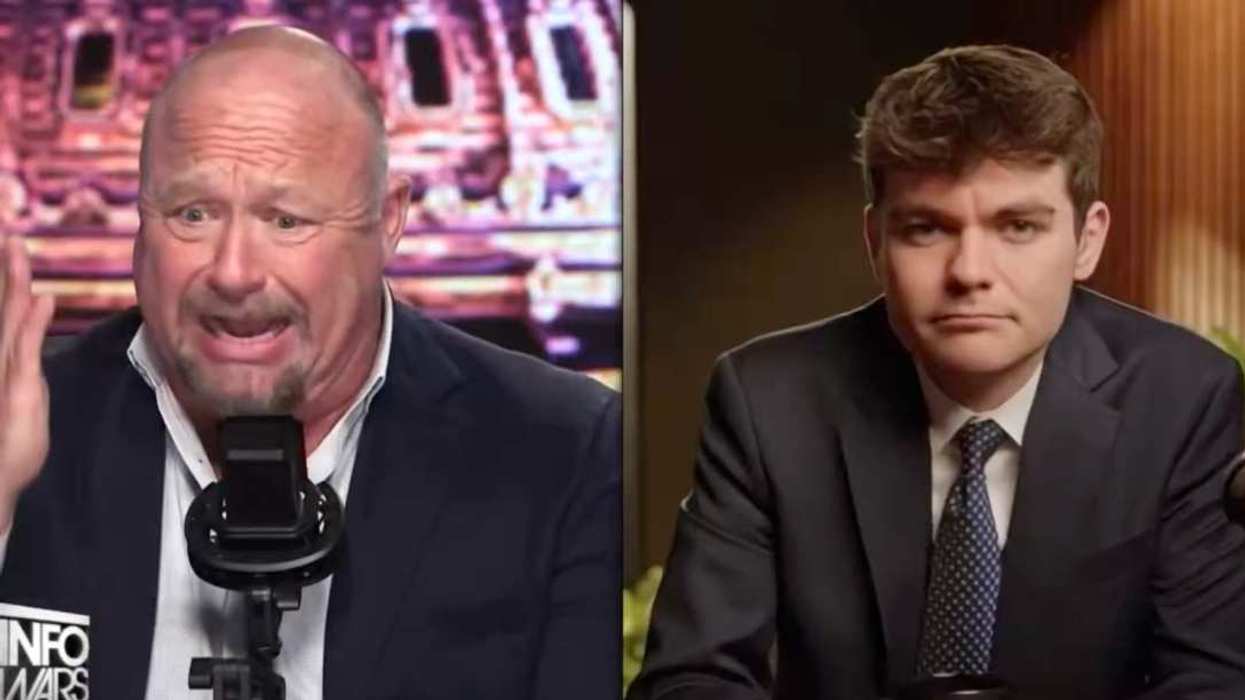
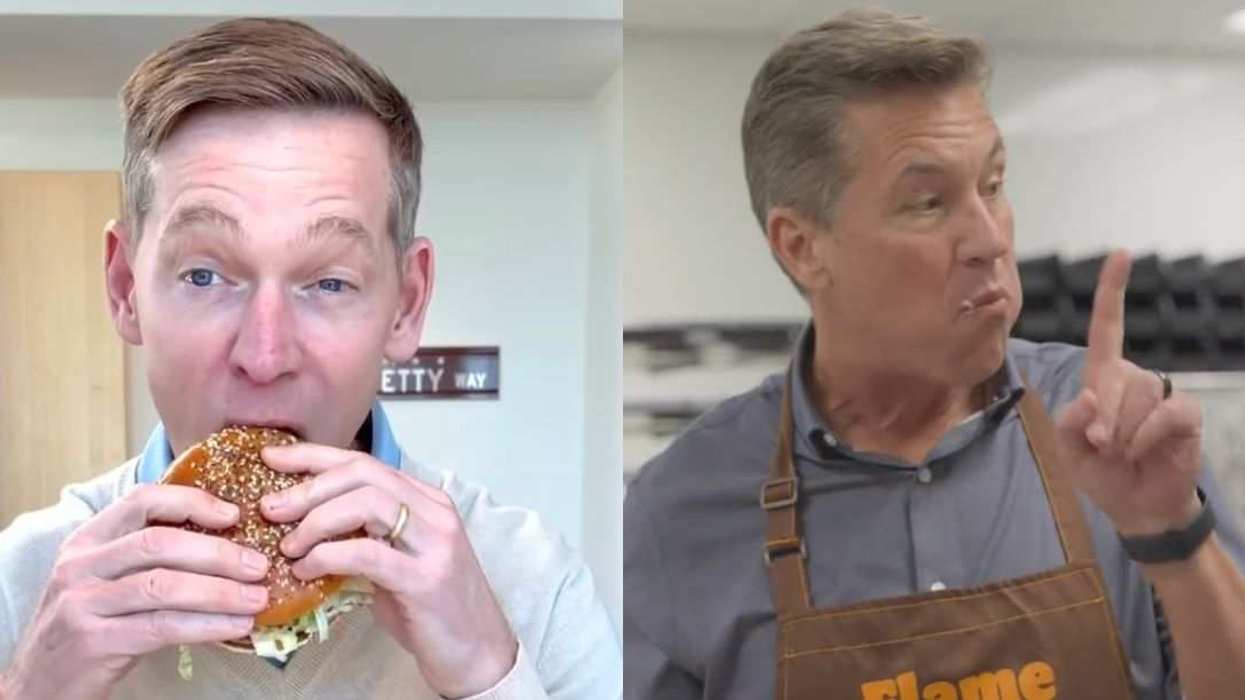
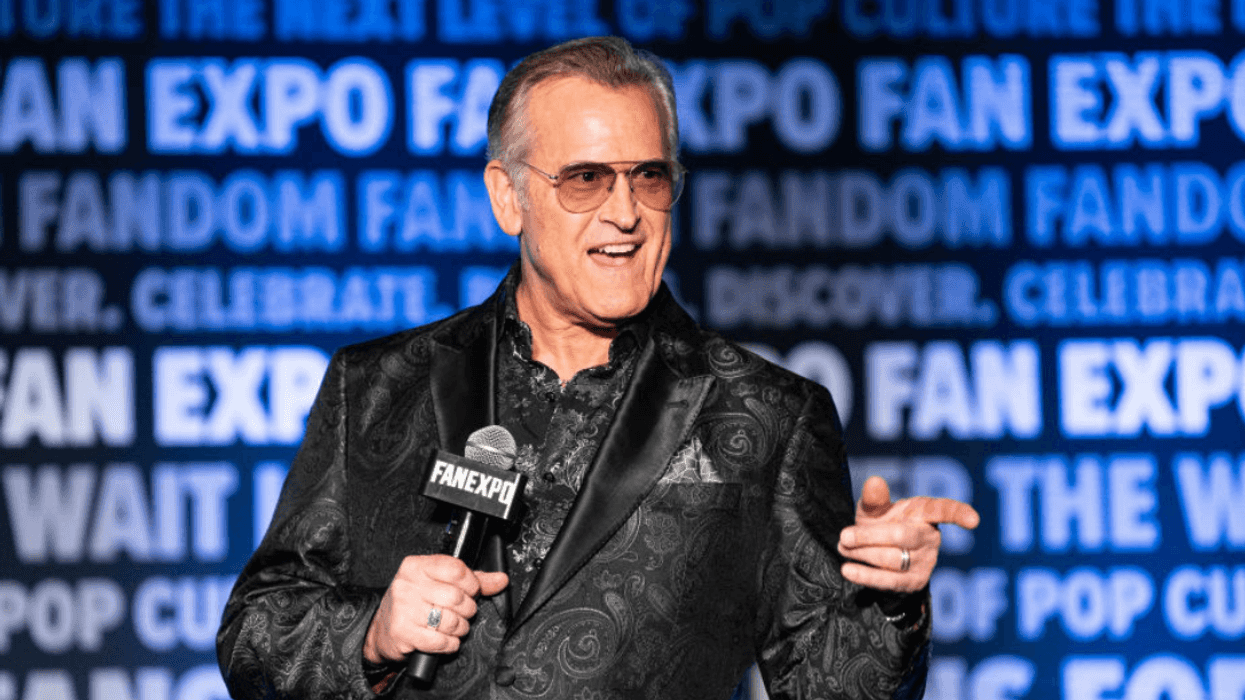
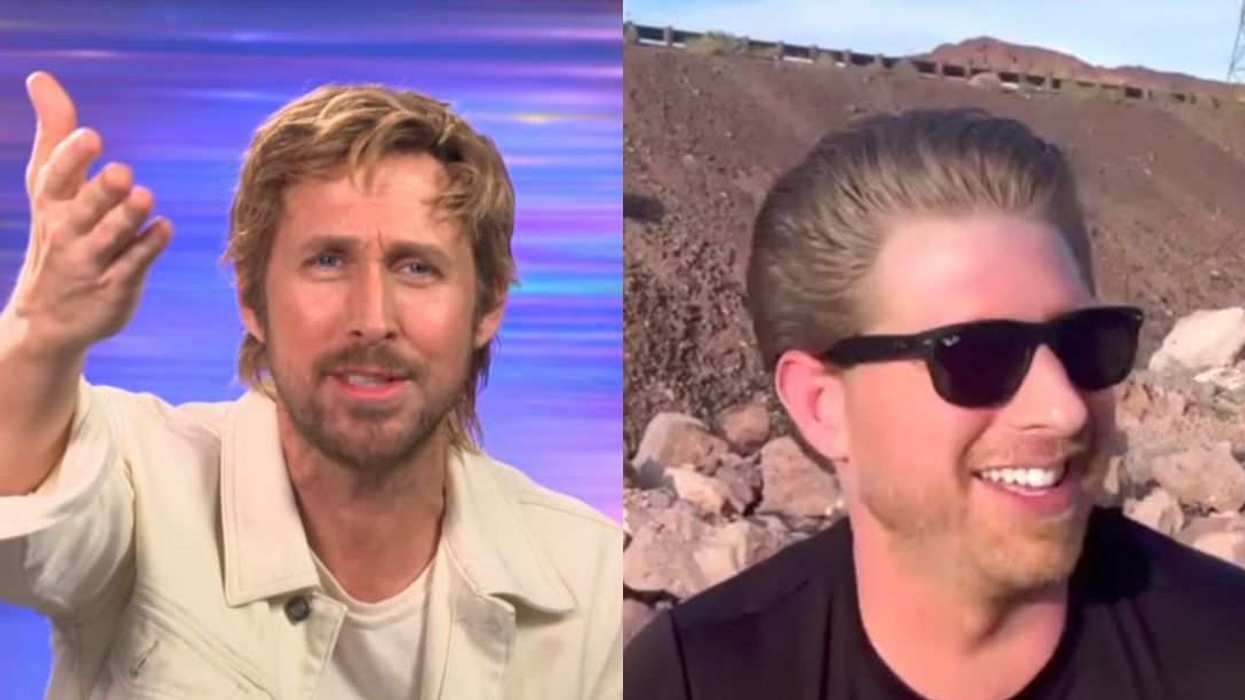
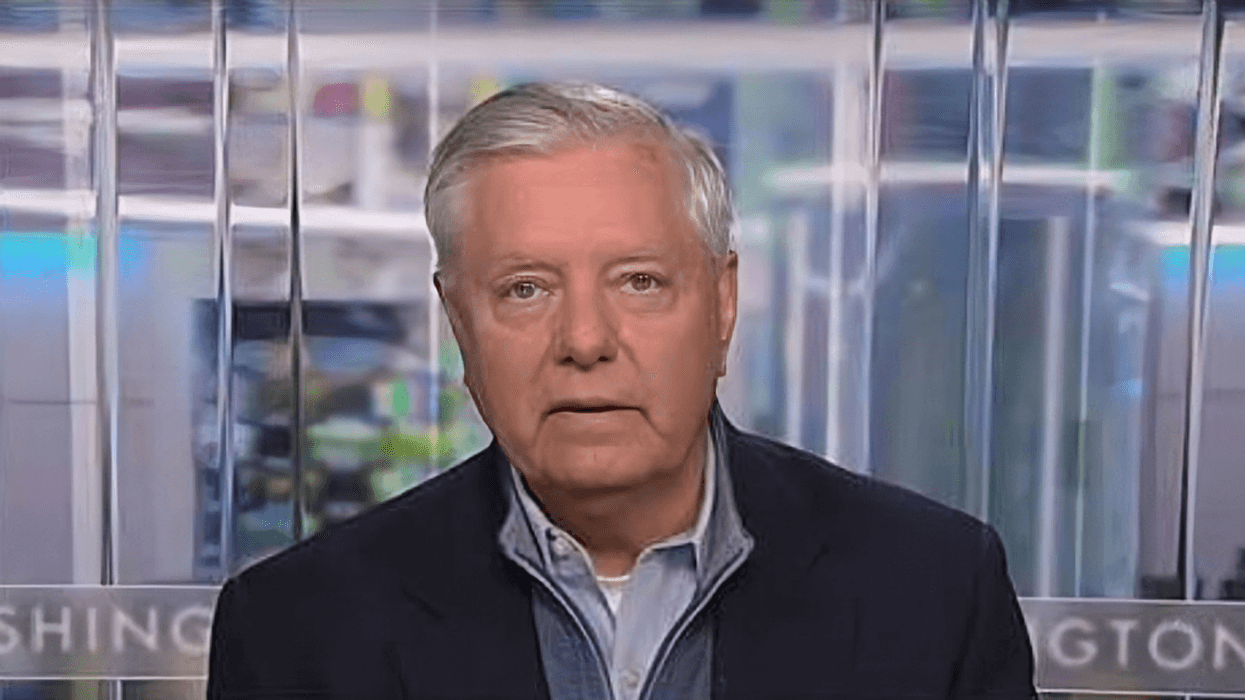

 @Dixie202021/X
@Dixie202021/X @ChunkMonkeys/X
@ChunkMonkeys/X @RevPudDudley/Mastodon
@RevPudDudley/Mastodon



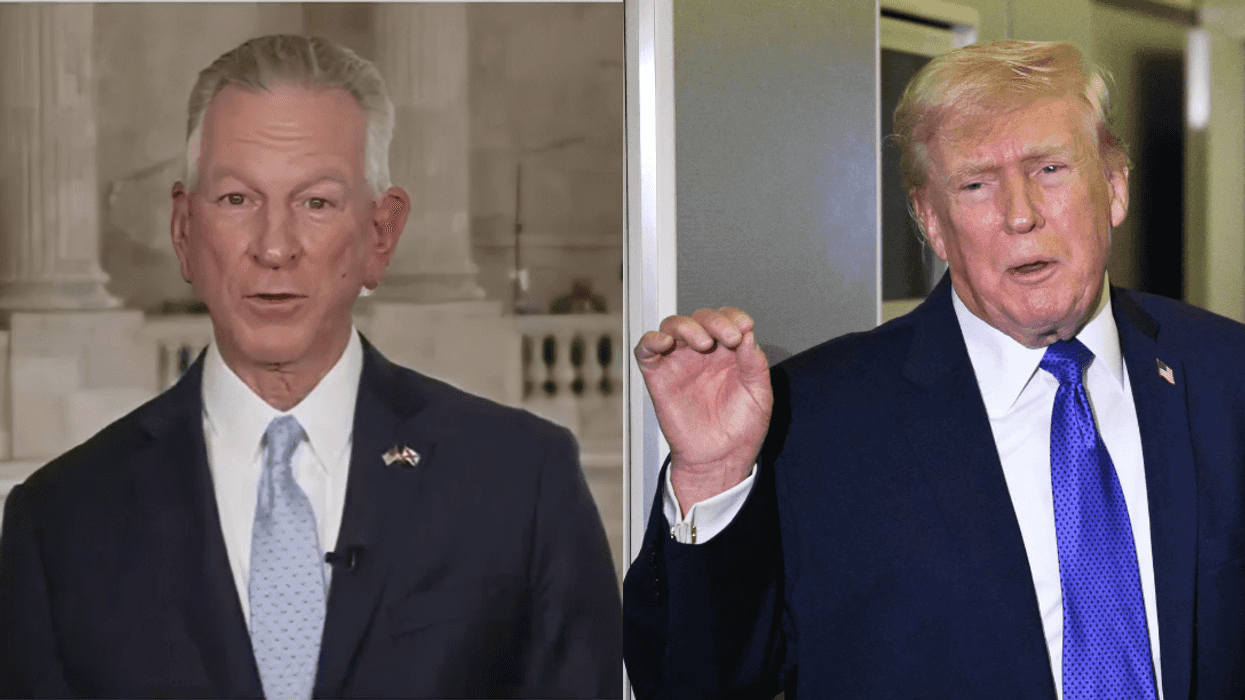
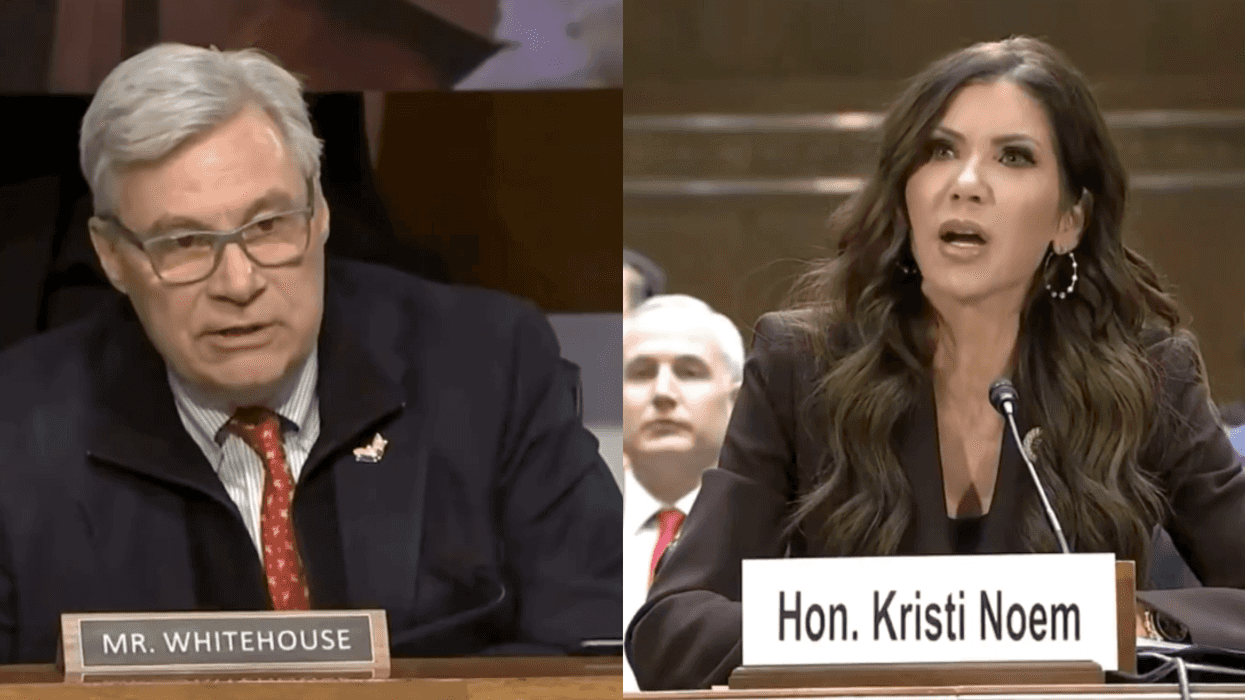
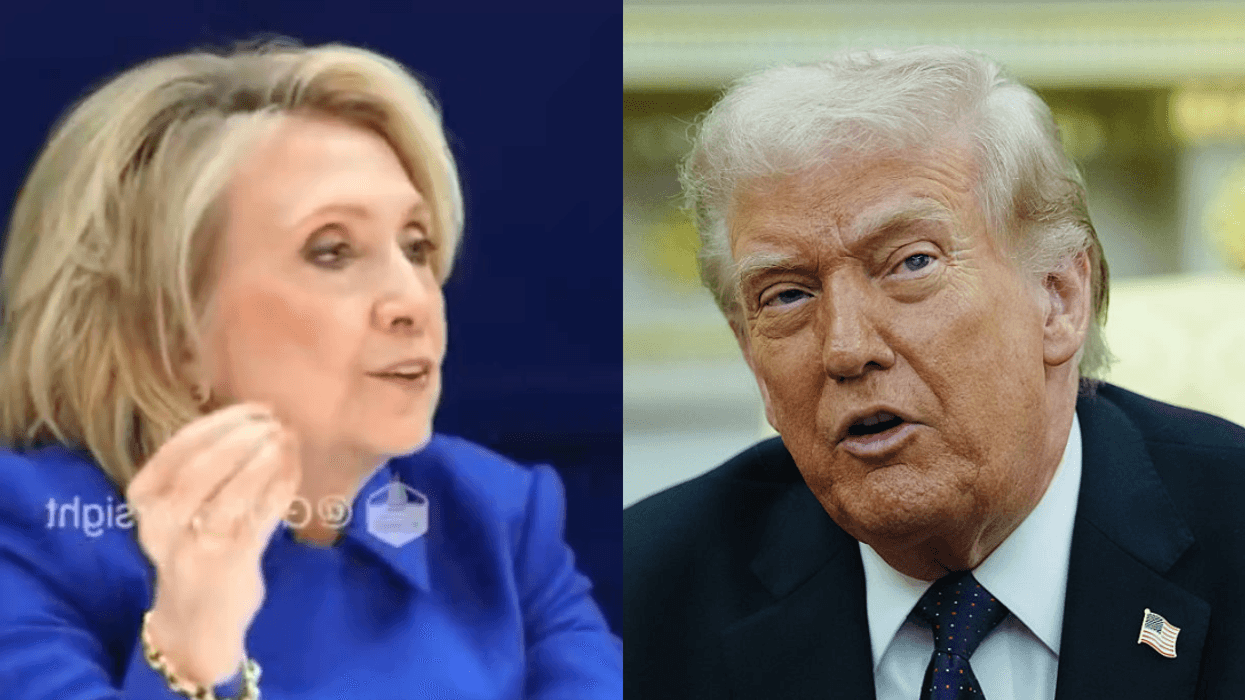

 @CNN/Instagram
@CNN/Instagram @CNN/Instagram
@CNN/Instagram @CNN/Instagram
@CNN/Instagram @CNN/Instagram
@CNN/Instagram @CNN/Instagram
@CNN/Instagram @CNN/Instagram
@CNN/Instagram @CNN/Instagram
@CNN/Instagram @CNN/Instagram
@CNN/Instagram @CNN/Instagram
@CNN/Instagram @CNN/Instagram
@CNN/Instagram @CNN/Instagram
@CNN/Instagram @CNN/Instagram
@CNN/Instagram @CNN/Instagram
@CNN/Instagram @CNN/Instagram
@CNN/Instagram @CNN/Instagram
@CNN/Instagram @CNN/Instagram
@CNN/Instagram @CNN/Instagram
@CNN/Instagram @CNN/Instagram
@CNN/Instagram @CNN/Instagram
@CNN/Instagram @CNN/Instagram
@CNN/Instagram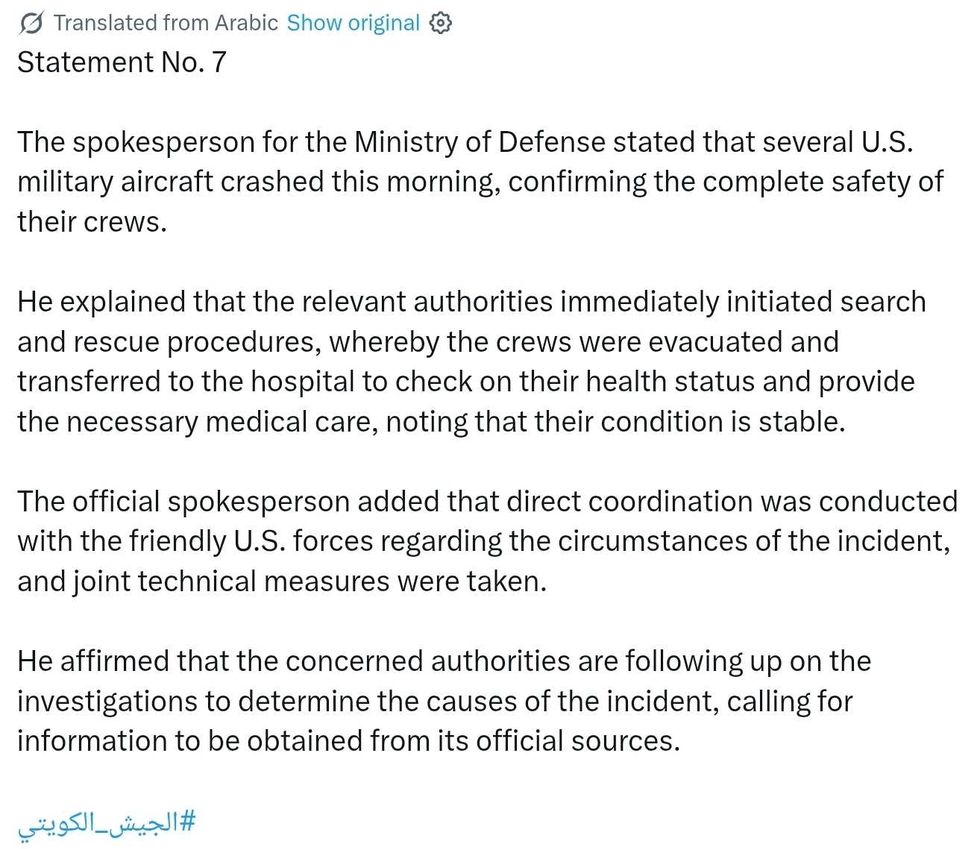
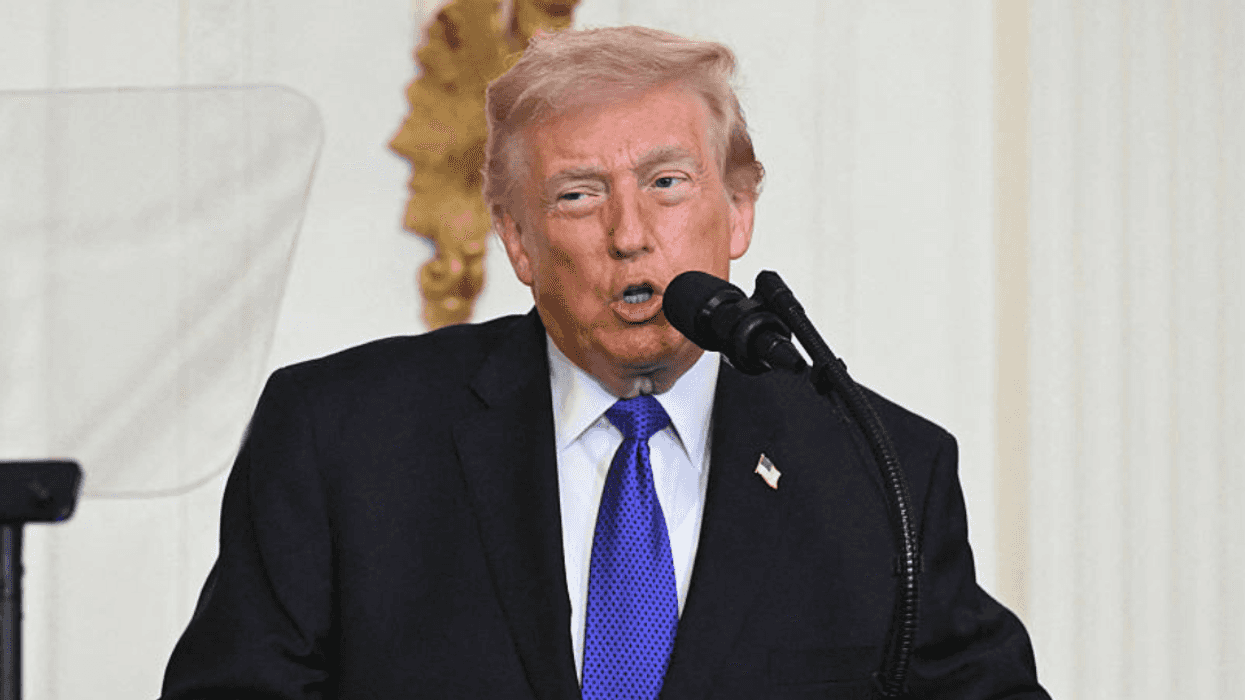
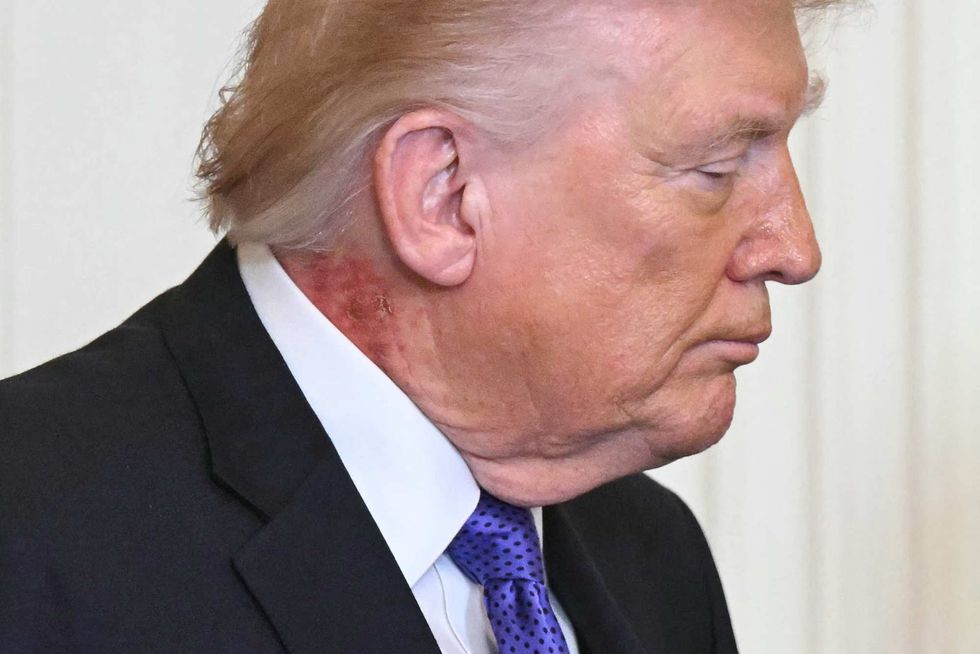 Saul Loeb/AFP via Getty Images
Saul Loeb/AFP via Getty Images